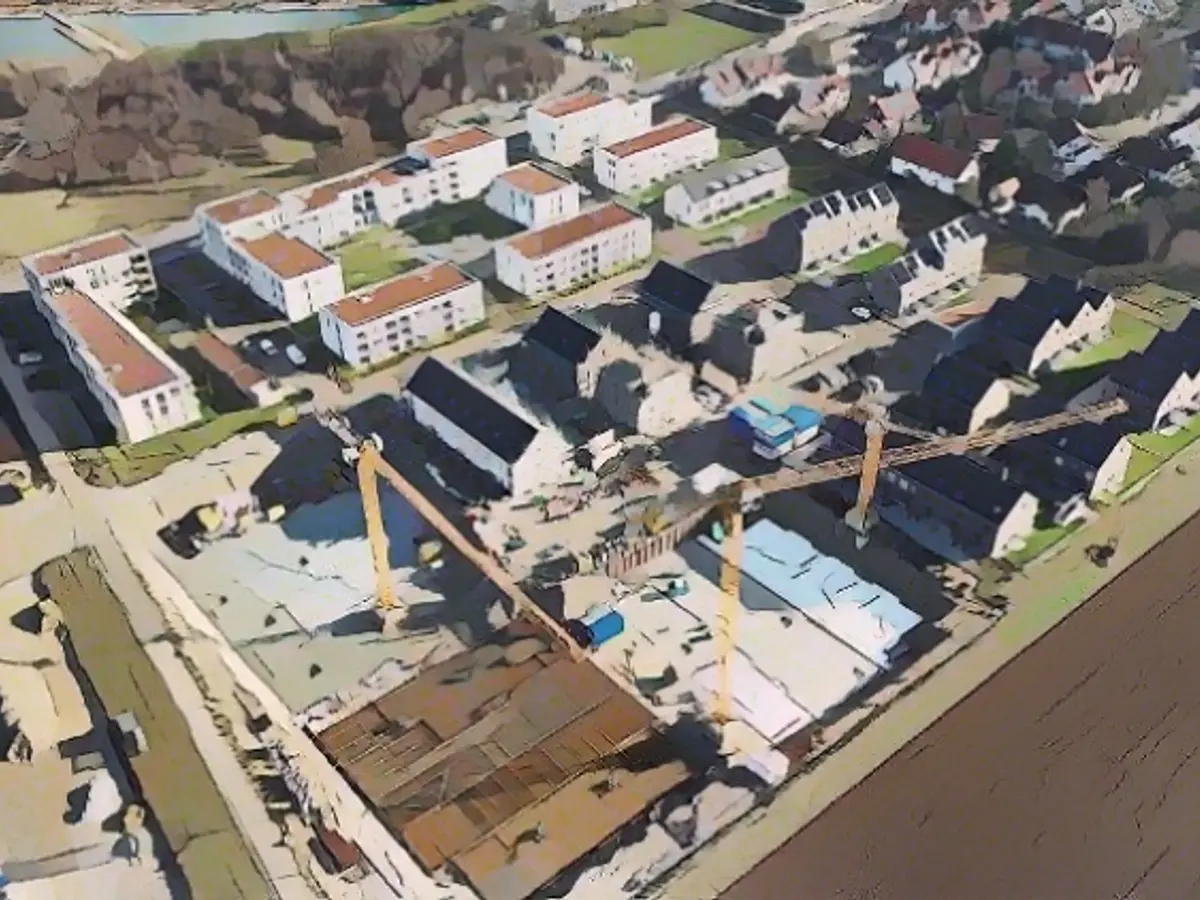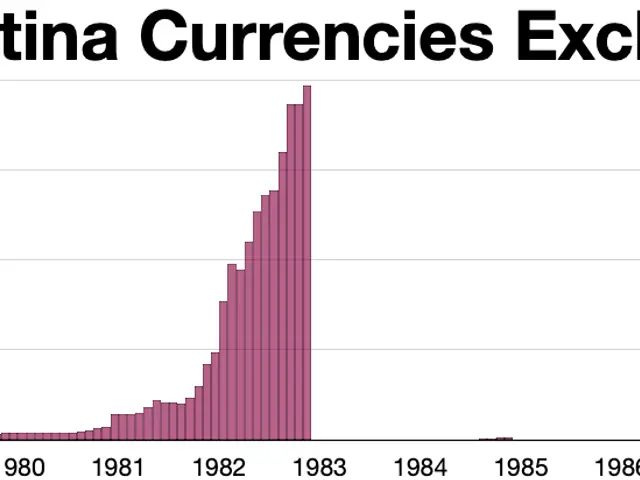Real Estate Prices Take a Dip for the First Time in a Decade
In a surprising turn of events, real estate prices in Germany have reportedly dropped for the first time since 2010. The study, conducted by the German Institute for Economic Research (DIW), has revealed that building plots, owner-occupied homes, and condominiums across more than 150 cities surveyed, saw an average decrease of 2% compared to the previous year. Large cities like Berlin, Hamburg, and Munich were hit the hardest, with prices for building plots and owner-occupied homes falling by 6-7%.
Konstantin Kholodilin, a researcher from DIW's Macroeconomics department, attributed this price correction to poorer financing conditions due to higher interest rates. He explained, "There was a speculative price bubble in Germany until 2022, one of the biggest in the last 50 years. Prices have been falling ever since. The bubble has burst."
While purchase prices are on a downward spiral, rents are predicted to rise by an average of 3% in the coming year, as a result of high population growth due to immigration and the slowdown in residential construction. Malte Rieth, a DIW researcher, noted, "Many households have given up their dream of owning their own home as the price drops to date have not compensated for the increased financing costs. Many are forced to continue renting, which further increases the demand for rental apartments."
The DIW's study highlighted that, despite the recent corrections, property prices are still significantly higher than at the start of the boom. Price increases for building land have skyrocketed by 116% since 2010, while those for detached and terraced houses have doubled. In major cities, a condominium currently costs as much as 27 annual rents, compared to 28 annual rents last year.
In light of this, many experts like Kholodilin have urged politicians to address the urgent housing shortage by streamlining building regulations and expediting approval procedures to boost housing construction. He emphasized the need to increase state investment in construction, warning against any potential budget cuts that could affect public construction activities.
Additional Insights:
- Economic Uncertainty: Ongoing economic policy uncertainty resulting from the upcoming German elections and potential impacts of U.S. economic policies are negatively affecting consumer confidence, leading to postponed investment decisions and weaker house price growth[1].
- Interest Rate Cuts and Construction Costs: The European Central Bank (ECB) has reduced interest rates, which could benefit the housing sector. However, high construction costs and red tape are expected to hamper the growth in new apartments and houses built, keeping first-time buyers on the sidelines[1].
- Regulatory Environment and Bureaucratic Hurdles: The restrictive regulatory environment and the need for streamlined planning and approval processes to expedite construction timelines are hindering necessary growth in residential construction[2].
- Rental Price Dynamics: The shortage of affordable homes is driving continued increases in rental prices, particularly in urban locations. Furthermore, many tenants spend more than 30% of their income on housing, including operating and heating costs[3].
- Rent Control and Affordability Issues: The lack of effective rent control measures allows landlords to charge high rents, which is problematic for tenants and contributes to rising government spending on housing costs and housing allowances[3].
- Market Stabilization and Buyer Sentiment: The real estate market is showing signs of stabilization, with indicators suggesting a shift towards more favorable conditions for buyers[4].
The impact of these factors on rental rates is significant, leading to increased rental prices, housing affordability issues, and a supply-demand imbalance in the German residential market, particularly in urban towns and cities.
Source:





![The image shows a formalin/PFA-fixed paraffin-embedded section of an anti-pfa1 antibody [epr22828]...](/en/content/images/size/w640/format/webp/20260226200441_csic-monoclonal-antibody-neutralizes.jpeg)


